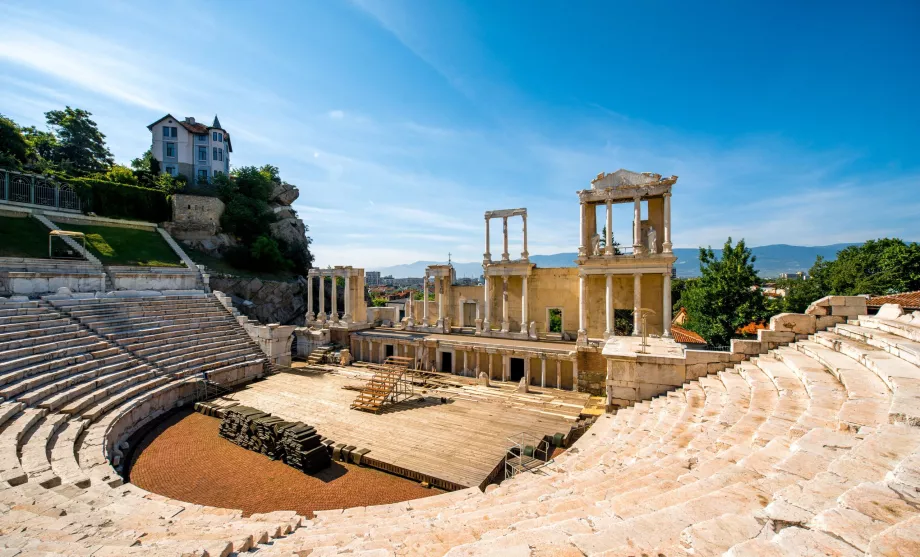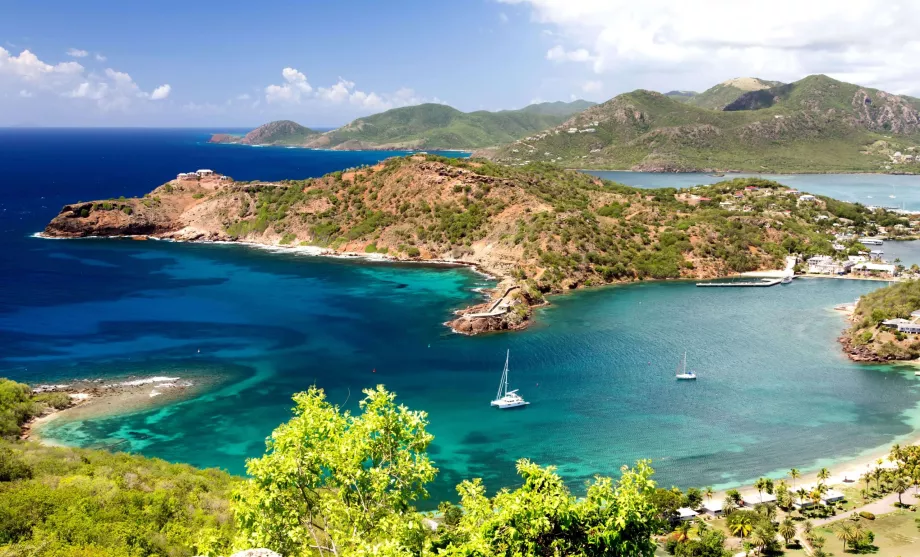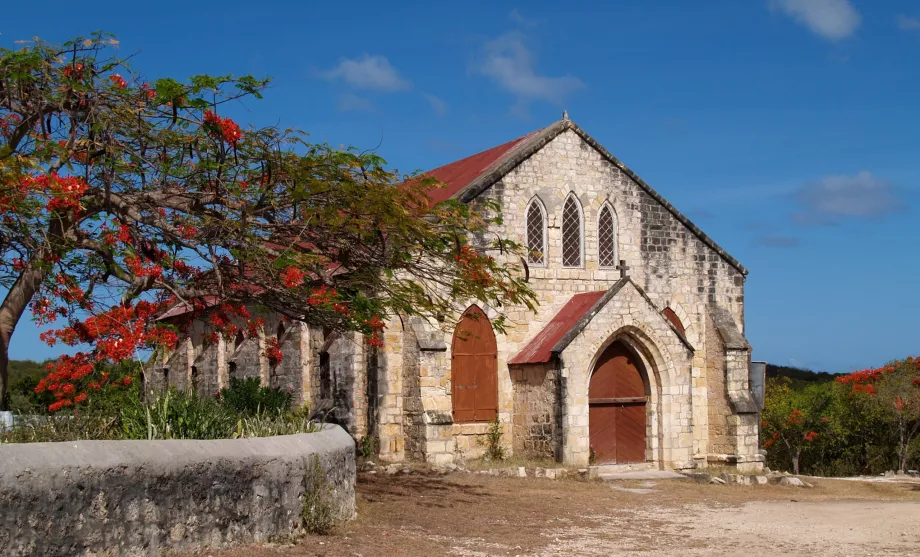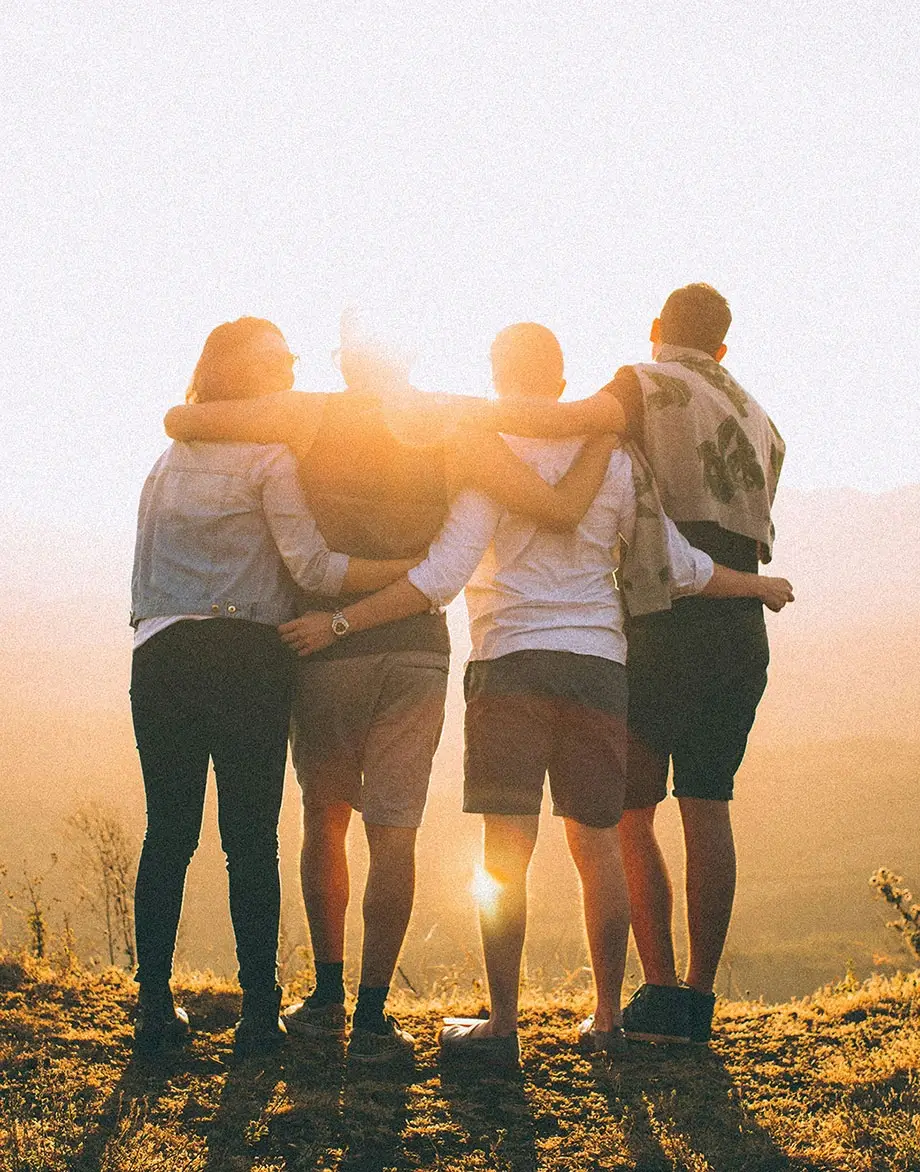
Culture and history of Antigua and Barbuda


How easy is it to get along in Antigua and Barbuda? What are the locals like and when are the shops closed in Antigua?
View available accommodation - Antigua
History in a nutshell
This country was discovered in 1493 by Christopher Columbus and he became the first white man the Arawak natives saw. The island was gradually appropriated by the Spanish, then the British, then the French, but eventually the territory fell to Great Britain.
In 1764, the military port of English Harbour was established on the south coast, which is currently Antigua's most luxurious destination. The original inhabitants gave the island the name Wadadli, translated as home. This name is still found today on the label of the local beer, which also displays a map of the island.
In 1961, Antigua and Barbuda was granted extensive internal autonomy, and on 1 January 1981 Antigua and Barbuda became an independent state.
Language
The official language is English, but the locals speak their own dialect (broken english) also known in Jamaica.
Mini-dictionary:
- Well wa guan? - How are you?
- Ma lub - See you later
- Mek arwe mek one move na? - Shall we go somewhere?
Anyway, you'll have no problem with regular English here. The locals know that their English is incomprehensible to tourists, so they slow down considerably when communicating and will gladly repeat everything 3 times.
People
The majority of Antigua and Barbuda's population is descended from African slaves, so blacks make up over 95% of the population. Only about 1% of whites, mostly British and Canadian, live here permanently.
Antigua and Barbuda has a total population of just under 100,000, making it the 14th smallest country in the world by population. Over 95,000 people live on the island of Antigua and just under 2,000 on the island of Barbuda.
Antiguans are a nice people. They do like to argue with each other, but it's more social talk than actual arguing. They can be a bit loud at times, but they are very friendly and helpful to tourists. But not annoying. If you don't ask, they tend to ignore you, at most in the inland villages they wave and say hello.
Find the best beach accommodation
Even on beaches or at tourist attractions, you won't encounter intrusive offers of goods and services. A vendor will ask once and if you indicate you're not interested, he'll leave quietly.
As a tourist in Antigua and Barbuda, you certainly won't attract attention. Tourism is the main source of income and the island is full of tourists, especially Americans, Canadians and Brits.
Religion
Over 77% of the local population professes Christianity, but they are divided into many plus or minus equal groups. The largest are Anglicans, Seventh-day Adventists, Pentecostals, Moravian Brethren and Christians.
The rest are minority groups of perhaps every known religion.
While Antiguans do attend church regularly, they do not particularly practice the faith outwardly and it does not affect daily life much.
Holidays
Holidays in Antigua do not have much effect on tourists. Offices are closed on holidays, but normal services such as shops, restaurants, car rentals, tourist offerings, and buses operate normally.
Antigua and Barbuda has a total of 11 holidays during which it is free:
- New Year - 1.1.
- Good Friday - floating date (Easter)
- Easter Monday - floating date
- Labour Day - 1.5.
- Easter Monday - floating date
- Carnival Monday - first Monday in August
- Carnival Tuesday - second Tuesday in August
- Independence Day - 1.11.
- Day of the first prime minister of independent Antigua V. C. Bird - 9.12.
- Christmas Day - 25.12.
- Boxing Day - 26.12.
Culture
On Independence Day, November 1, there are food fairs, sports competitions, dance festivals, arts and crafts exhibitions all week. To mark the occasion, people dress in national colours and march in a festive parade. Expect also official buildings, businesses, government buildings decorated with the traditional national colours - black, red, white, blue and yellow.
Big celebrations take place during Carnival the first week of August.
Tourism
The country's economy is based entirely on tourism, so the locals try to provide fully functional services for travellers, especially organised tours (boat trips around the island, visits to the rainforest) or car or quad bike hire.
Travellers choose this location for the beautiful panoramic beaches and, as the icing on the cake, the fact that under the clear azure sea sleep the wrecks of old ships for adventurers who want to discover the underwater world.
The services here may not be as advanced as in Europe or North America (especially the transport and road quality is tragic), but they are plenty for a holiday.
There are supermarkets in St. John's, English Harbour and Jolly Harbour, but you can buy at least basic supplies at mini-markets in every village corner.
Again, restaurants are only in the largest villages, but everywhere else you'll have no trouble eating at local stalls and impromptu fast-food street food.
Any questions left?
If you have any questions or comments about the article...


